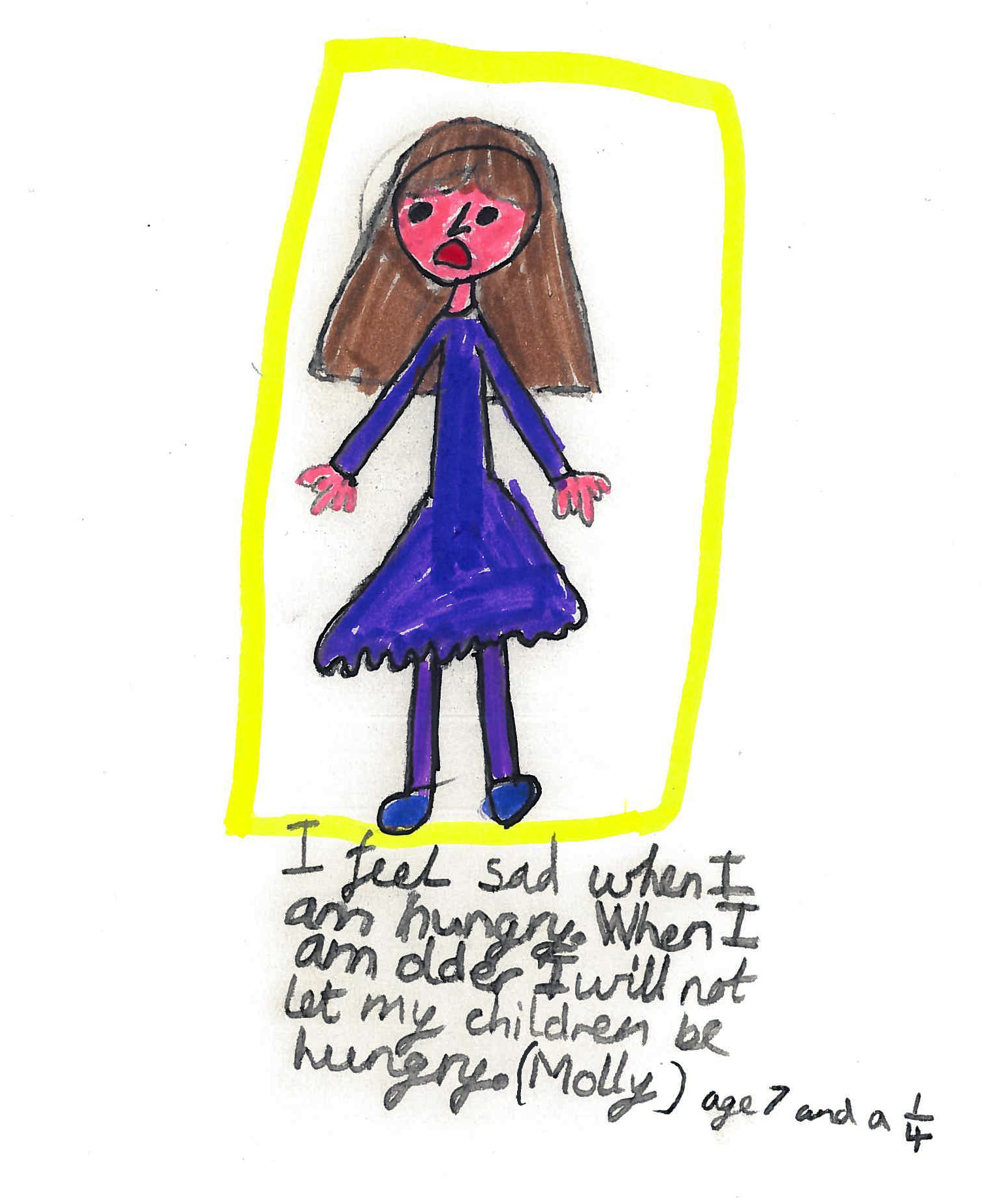A new scheme to help low-income parents engage with their children’s ‘special strengths’ has launched amongst 18 schools in West London.
Based on two decades of research and practical-evidence, the pilot Brunel Young Scholars scheme, led by Professor Valsa Koshy, hopes to stir the ‘missing ingredient’ into primary education by supplying the parents of 800 children receiving Pupil Premium with materials designed to help them identify and hone their child’s individual talents and boost their learning potential and wellbeing.
“Our research has shown that all parents have high aspirations for their children but many lack the requisite knowledge, understanding and tools to engage with their children's learning and wellbeing,” said Prof Koshy, director of talent development programmes at Brunel.
“In the first years of schooling, effective interventions can raise children's motivation, self-esteem and achievement. The missing ingredient is a well-designed framework for parental engagement.”
Backed by Brunel’s Access and Participation Fund, the new scheme will be rolled out across 16 schools in Hillingdon and two in Hounslow, and will primarily target the parents of Key Stage 1 children – those aged between five and seven – and children in care.
Parents will be provided with materials which help them recognise and nurture their child’s talents and passions, including a 31-activity book covering topics such as raising aspirations, setting up home projects and developing creative and creative thinking.
“The activities encourage active learning and powerful communications within meaningful contexts,” said Prof Koshy.
“Practical advice on building resilience, healthy eating habits and the role of physical activities are all included in the learning pack.”

“This project reflects our on-going commitment to social justice and inclusion. It is based on the belief that all children deserve the best chances in life, so its main objective is to enhance the educational opportunities and wellbeing of children with various forms of disadvantage." Professor William Leahy
The scheme is in response to the UK Government’s ‘Unlocking Talent, Fulfilling Potential’ plan, launched in December 2017, which set out to tackle social mobility through education.
Education Secretary Damien Hinds recently reemphasised the need for early family support, saying in a speech at Westminster that it was a ‘persistent scandal’ that children are starting school without the ability to communicate in complete sentences.
Previous studies – including the ongoing Millennium Cohort Study, which has followed the lives of 19,000 children born in 2000 and 2001 – have found that by the age of three there are already cognitive gaps between the richest and poorest children. The gaps have widened by the age of five.
Prior interventions with parents from Prof Koshy and her colleagues have generated positive and optimistic results, including reports of children giving up television to pursue ‘passion projects’, and developing their critical thinking skills by designing posters and leaflets for promoting better eating and sleeping habits.
“All children deserve a happy childhood full of joy, optimism, and good physical health,” said Prof Koshy.
“Children thrive best in environments which acknowledge their special strengths, help them in mastering challenges and in sharing their interests, curiosity, creativity, critical thinking skills and depth of understanding. It is not right that children from some families are denied this.
“Top of my wish list is that every school in the country has access to a programme of intervention which involves parents, children and teachers working together to help children believe in themselves, and that good things can happen with hard work."
Professor William Leahy, Vice-Provost for Civic Engagement at Brunel said: “This project reflects our on-going commitment to social justice and inclusion. It is based on the belief that all children deserve the best chances in life, so its main objective is to enhance the educational opportunities and wellbeing of children with various forms of disadvantage.
“A way to achieve the objective is to stimulate our community engagement. As with her other projects, Professor Koshy has incorporated findings from her extensive research to formulate strategies and provide practical tools for tackling children’s disadvantage. A primary approach used in this project is the engagement of parents and carers in working and learning together with their children.”
Reported by:
Tim Pilgrim,
Media Relations
+44 (0)1895 268965
tim.pilgrim@brunel.ac.uk